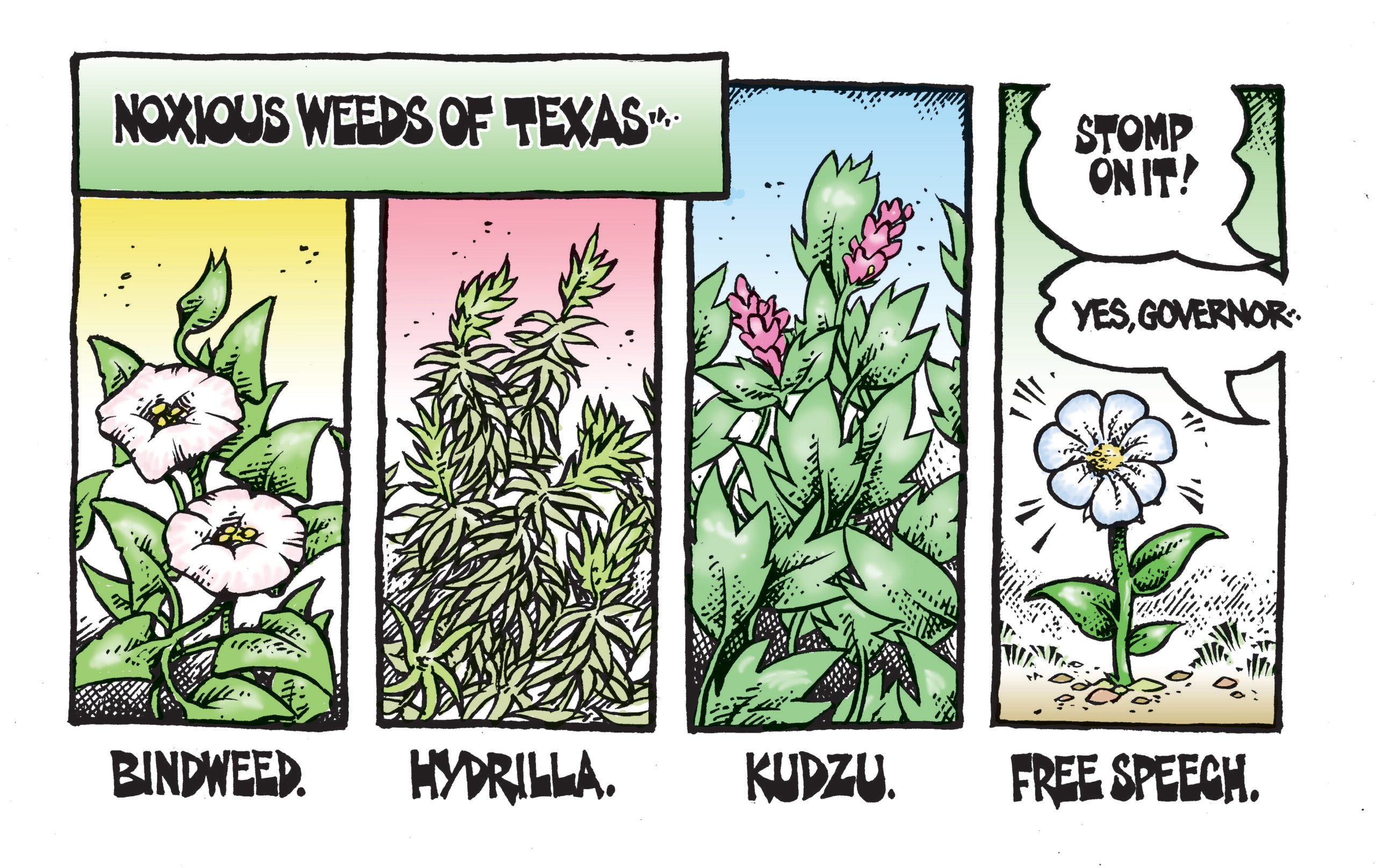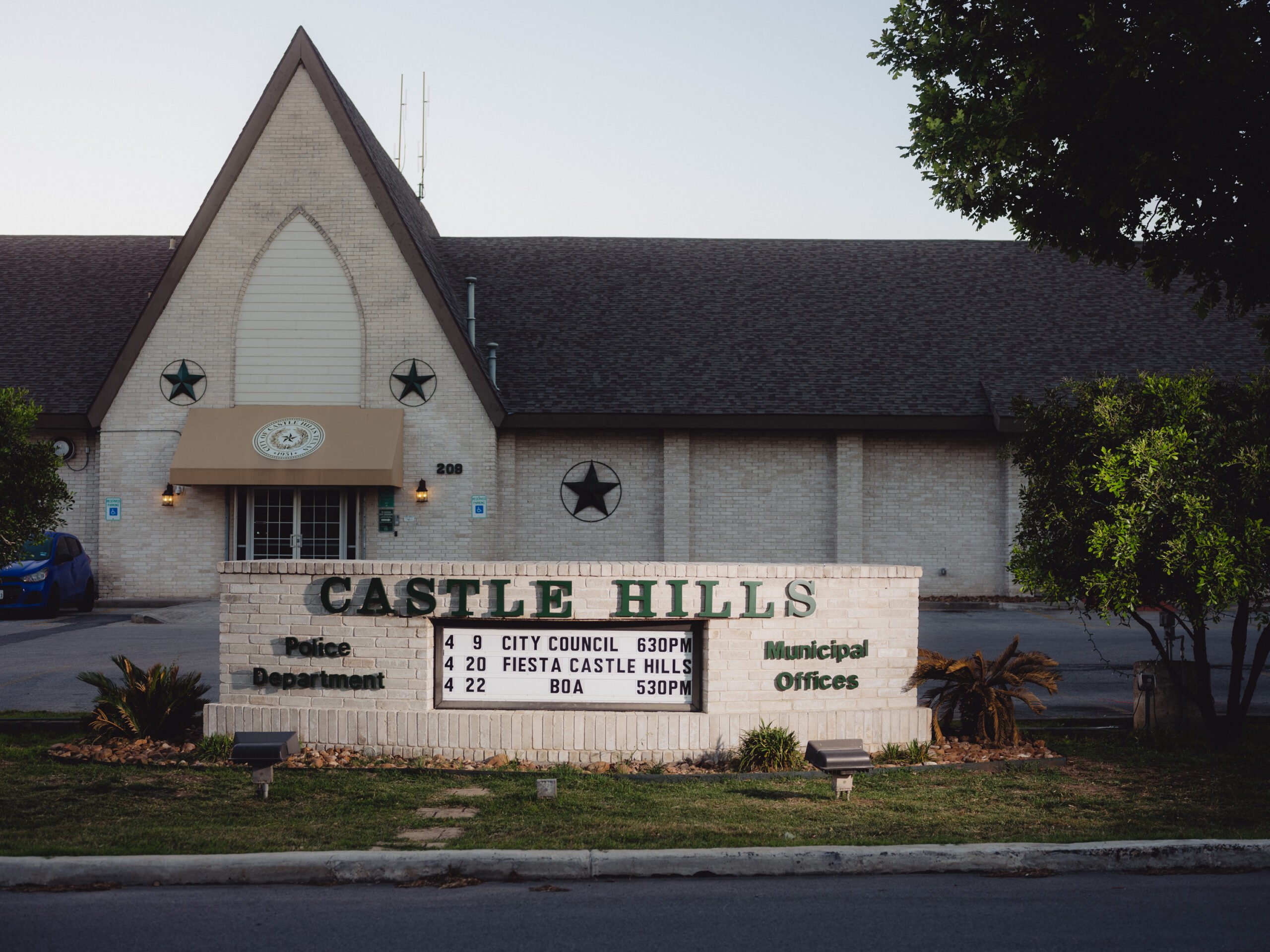ustxtxb_obs_1970_06_26_50_00013-00000_000.pdf
Page 13
A new kind of progress The following editorial is reprinted from the April Sierra Club Bulletin. It was written by Phillip S. Berry, president of the Sierra Club. President Nixon met recently with leaders of national conservation organizations to promote his environmental program and hear from conservationists who have sought so long to bring about the current upsurge of interest in protecting the environment. No such meeting had occurred before. It lasted a brief one and a half hours in the White House Cabinet Room. The President invited support for his environmental program, stressing he felt he and conservationists have the “same basic goals,” though there might be disagreement over the adequacy of federal funding for conservation. Conservationist’s support will be necessary to put over the administration program, he said, because “the current ecology fad won’t last certainly not among the students who will drop it and be on something else soon.” The President expressed fear the public is too “fickle” for conservationists to be complacent about getting his program through Congress, or to be hopeful of adding much to it. The various groups represented were invited to back his program and fight for it. Various specifics were discussed in a pleasant exchange, with conservation leaders acknowledging they did want “more,” particularly more adequate funding. Without directly seeking to do so, I drew the first Presidential frown when I suggested our goals go considerably beyond the President’s and that the distance between us couldn’t be measured in dollars alone. I explained that conservationists believe limitless expansion of the economy is an outmoded idea which is causing us to eat into our basic and irreplaceable capital the environment itself. I noted conservationists believe we can’t any longer measure progress by growth of the gross national product alone, or even primarily in such terms. On the contrary, conservationists are urging we measure progress by additions to the quality of life. I argued that zero population growth should be a national priority, in keeping with the urgency of the population problem. Finally, I said conservationists want fundamental changes in the ways we think about the environment: they want those who would change it to carry the burden of proof that the change will not be adverse; they want effective controls over now rampant technology; they want adoption of the land ethic and the changes in life styles it implies. I said I hoped the President could adopt these ideas. I came away from the conference convinced the President has been moved by the public outcry over degradation of the environment. I concluded he has made a knowing but minimal political response. He has not really caught the flavor of the moral and ethical renaissance implicit in the recent expressions of public concern. Most of all I left convinced that the President wants to be assured of having a majority with him before he moves. I Austin An oldtimer who survived both the Ferguson and Rainey eras at the University of Texas stopped by the Observer last week to lament the Erwin era with us. He believes the present situation at UT is the most threatening ever. I agree. The 1970-71 school year will be a tumultuous one. Activist students, with the impressive leadership of the state’s first radical student president, Jeff Jones, will not surrender easily to Frank Erwin and whomever he chooses to help him make the university safe for an American brand of facism. Erwin’s latest outrage upon the spirit of academia is a ruling that prohibits more than three “non-student, non-employed guests” to attend a campus meeting or event. Since there are 450 registered organizations with the privilege of holding on-campus meetings, far too many to adequately police against interlopers, the ruling will have to be selectively enforced, if enforced at all. It is easy to guess which organizations be under surveillance. An ad hoc student group plans to take the ruling to court, and no doubt it will be judged unconstitutional. Erwin is a lawyer, and surely he knows that he is flaunting the constitutional rights of free speech and equal protection under the law. But prudence has never stopped Erwin from forcing his will upon the university. Usually he achieves at least limited goals. Two years ago he attempted to pacify the UT law school by inserting a rider in the House appropriations bill limiting out-of-state enrollment at the law school to 10%. Outraged lawyers managed to talk House members out of passing the rider, and so Erwin lost that round. But a few months ago that 10% enrollment limitation was quietly put into effect by the UT Board of Regents, Frank C. Erwin, Jr., chairman. Even if Erwin eventually loses on the guest ruling, he will have succeeded in intimidating the university, and he will have gained a few points with the judged he’s not yet convinced we have the power, the influence or, more particularly, the votes to force our way against the considerable opposition. Our work is clearly cut out. Conservationists must become committed to and expert in the exercise of political power. Proponents of ruthless exploitation must be voted out of office. Apologist spokesmen for polluters must also lose their seats. Both political parties must be urged in most forceful terms to make strong conservation planks truly part of their platform or else. In short every politician must be made to know that if he fails to get our vote he will lose. constituency of scared Americans that he and most of this state’s legislators and Richard Nixon and Spiro Agnew are courting. Let there be no doubt about what Erwin and other politicians of his ilk are about. Stewart Alsop in the June 15 Newsweek explains it beautifully: The polls have repeatedly demonstrated the existence of the anti-kid vote. There was, for example, the horrifying poll taken by Gallup for this magazine, in which, by a margin of 5 to 1, the kids, not the National Guard, were held “primarily responsible” for the Kent State tragedy. Or there was the Harris poll of a few months ago, which showed that “college demonstrators” were more generally detested than prostitutes, atheists and homosexuals. In what he used to call his “rocking, socking” campaigns, young Mr. Nixon consistently used the same political technique. This was to identify him in any case. This role was filled by what the Nixon of those days called “the Communists, the fellow travelers and the security risks.” Might this old technique, in modern dress, be even more effective than it was a generation ago? Might not “flag-burning college radicals” fill the old Communist role, while two other detested minorities, the black militants and the “left-wing media,” fill the subsidiary roles? Erwin doesn’t even need to dress up the technique. As far as many Texans are concerned, college radicals are communists, the very same godless subversives Americans are fighting in Asia. In announcing the new restrictions on campus meetings, Erwin referred specifically to the Young Socialist Alliance. He said the group held a series of classes on the campus which “were labeled classes in socialism when in fact they were classes in June 26, 1970 13 The Erwin era


